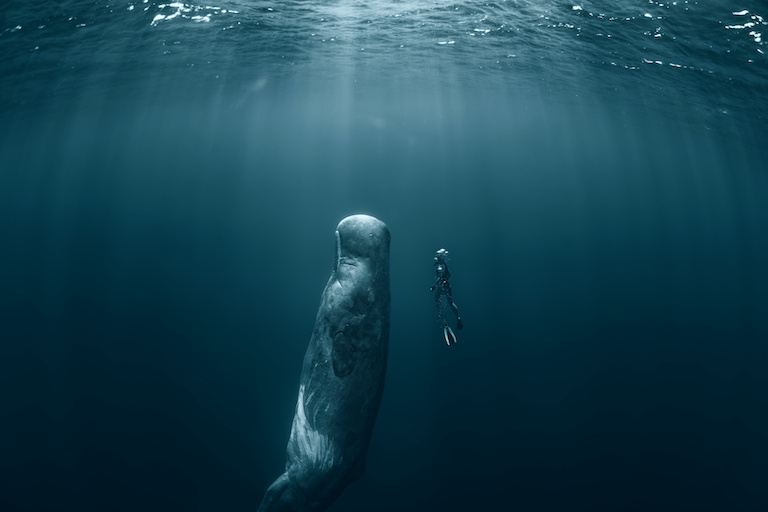COMMENTARY

DEEP-SEA MINING: A RISKY SHORTCUT THAT COULD COST US THE OCEAN
The deep sea is one of Earth’s last frontiers — mysterious, largely unexplored, and vital to life on our planet. It helps regulate the climate, sustains fisheries, and supports an intricate marine food web. Yet, despite how little we know about it, a new industry is racing to exploit its resources: deep-sea mining.
Driven by the rising demand for rare metals used in batteries, microchips, and AI technologies, some companies are pushing for mining in the depths of the ocean. They argue that extracting minerals like copper, nickel, and cobalt from the seabed could boost economies, ease geopolitical tensions, and support the transition to clean energy.
But here’s the problem: those claims don’t hold up.
The Myths of Deep-Sea Mining
1. “It will boost the economy.”
Mining thousands of meters below the ocean surface is incredibly costly, risky, and untested. From specialized machinery to transport and processing, the expenses far outweigh the supposed profits. Instead of peace and security, deep-sea mining could fuel more geopolitical conflicts over resources.
2. “It’s better for the environment than land mining.”
This is misleading. Moving the problem from land to sea doesn’t reduce environmental harm — it multiplies it. Terrestrial mines can, at least in theory, be rehabilitated. But the deep sea recovers on timescales of millions of years. Mining would devastate fragile ecosystems, stir up sediment plumes, and destroy habitats beyond repair.
3. “We need it for the clean energy transition.”
While it’s true that renewable technologies rely on metals, the idea that we must mine the deep sea to power the future is exaggerated. Advances in battery technology are already reducing the need for minerals like cobalt, and recycling metals offers sustainable alternatives. Instead of digging deeper, we should focus on innovation, circular economies, and responsible sourcing.
A Call for Caution
Over 38 nations have already called for a moratorium on deep-sea mining, recognizing the risks and the lack of scientific understanding.
Global leaders, scientists, and communities agree: until we have enough data, strong regulations, and robust safeguards, mining the seabed is far too dangerous to pursue.
The deep sea is not an endless resource pool — it is a living system that has evolved over millions of years. To gamble with it now, for short-term profit, is to risk irreversible damage to the ocean and, by extension, to ourselves.
Instead of chasing risky shortcuts like deep-sea mining, the smarter path forward lies in innovation, recycling, and building a more sustainable relationship with the resources we already have.
"This represents a significant development in our ongoing coverage of current events."— Editorial Board









